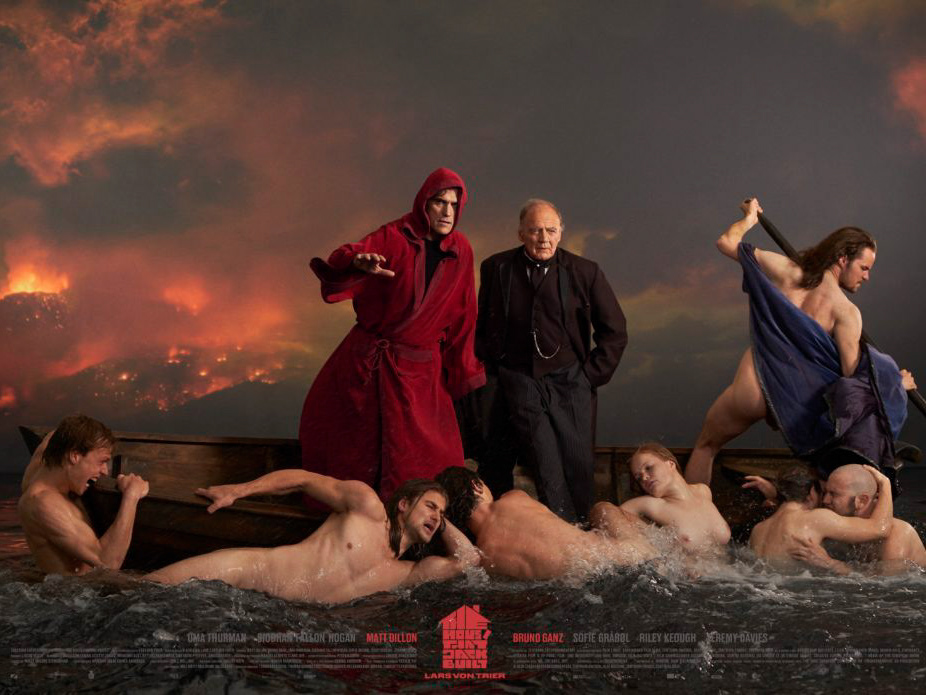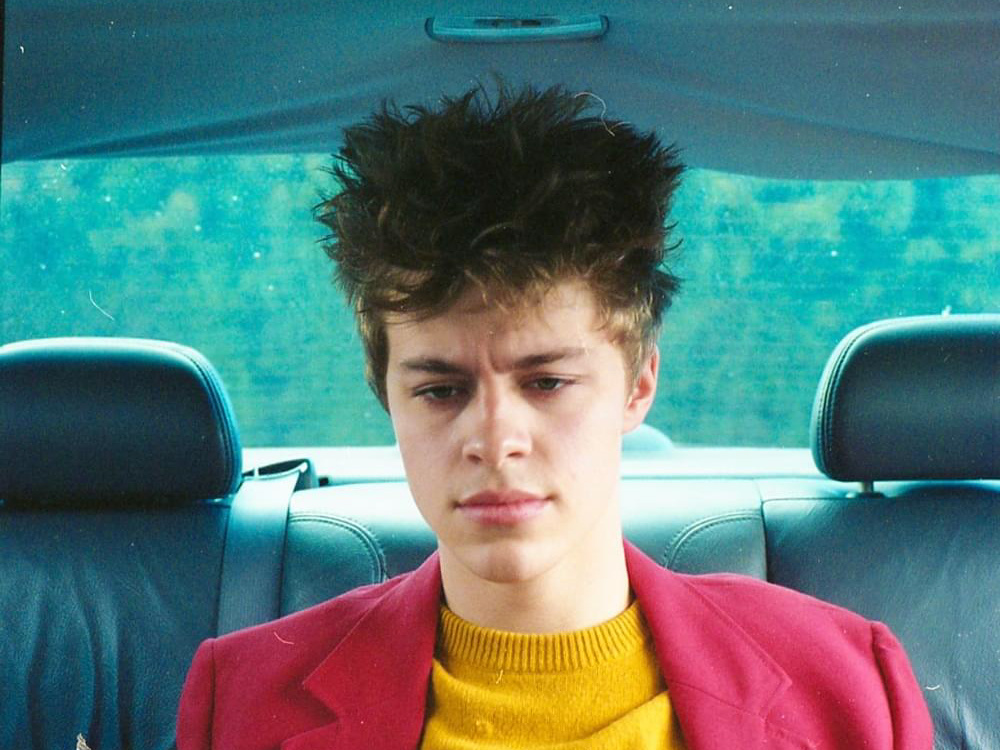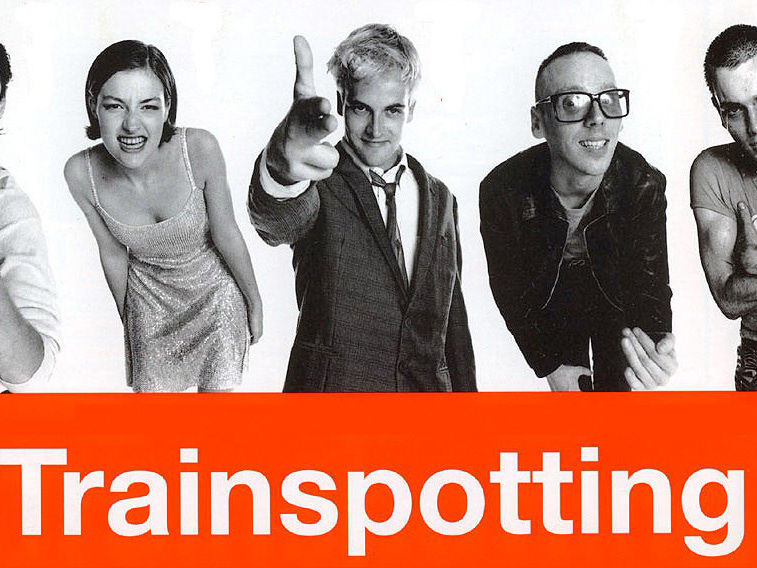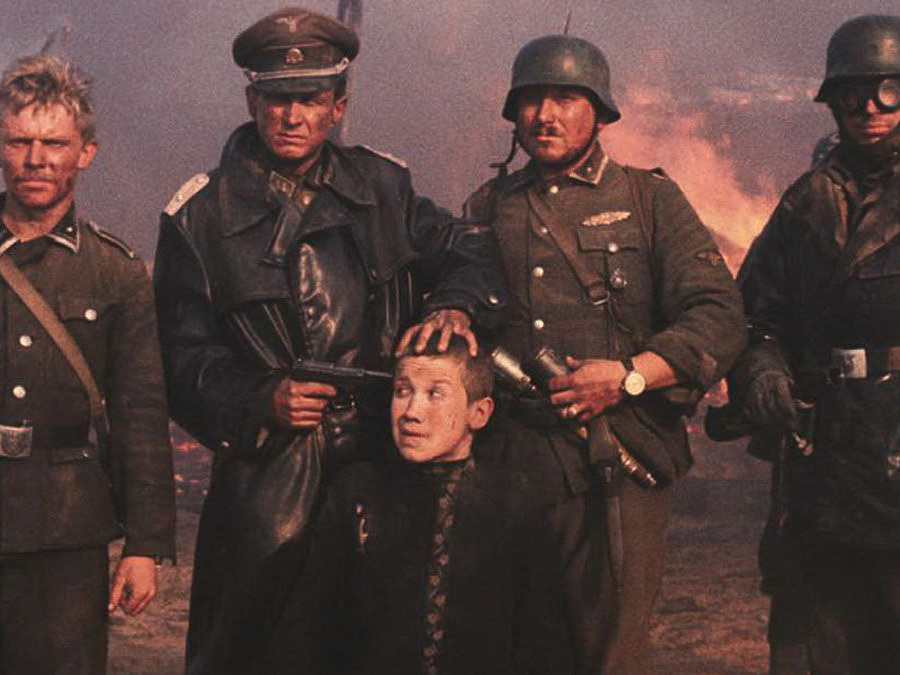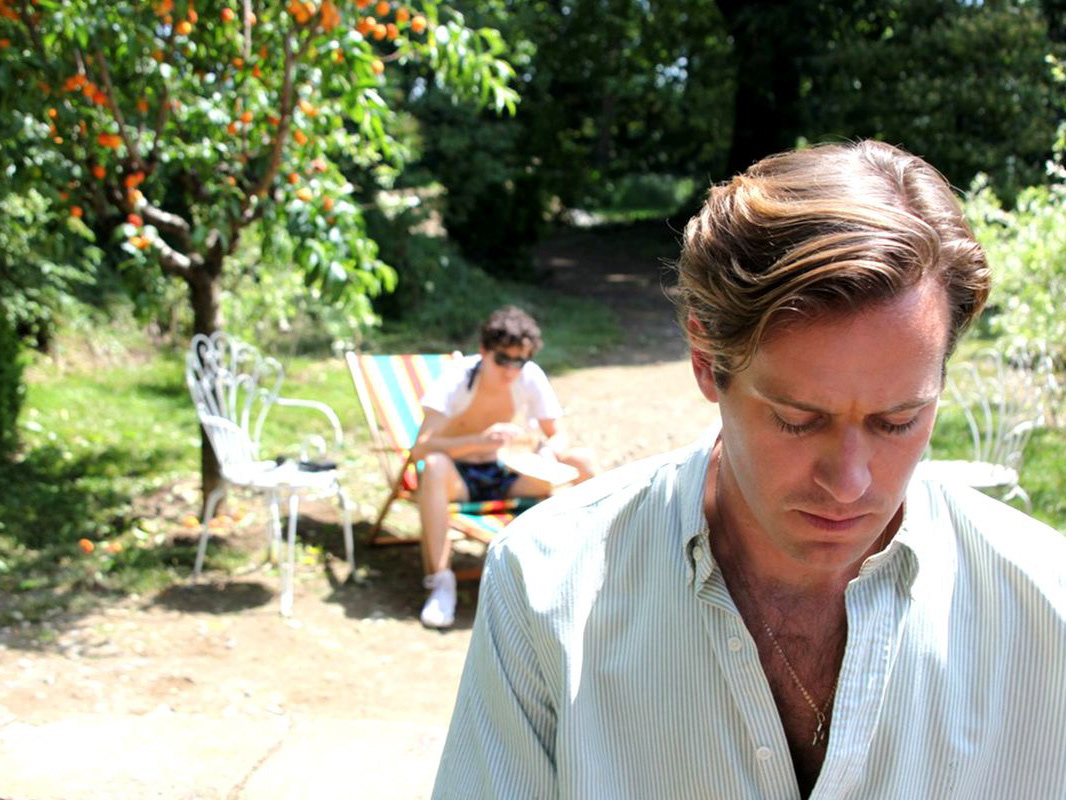"The Garden of Eden with the Fall of Man"
Painting by Jan Brueghel the Elder and Peter Paul Rubens
Free will, specifically self-fashioning free will, is an abstract concept which no one can seem to agree on. For every piece of literature that says it exists, there is one that says it doesn’t. Which brings to question, what is self-fashioning free will? Is free will necessary to be human? And, is free will even real, or is it merely a figment of our imagination?
Giovanni Pico della Mirandola’s “Oration on the Dignity of Man,” Quentin Tarantino’s films “Kill Bill Vol. 1” and “Django Unchained,” and Stanley Kubrick’s Film “A Clockwork Orange” suggest that free will is an integral part the human essence, whereas the articles, “There’s No Such Thing as Free Will” from The Atlantic and “Free will or the Bondage of Will” by Critical Issues Commentary, discuss the problems regarding the idea of free will. I believe, based on the aforementioned information, all of humanity is gifted with the ability to do as they choose and that the only thing holding people back are the fabricated shackles of society. Since this world is ruled by a loitering mob mentality, we willingly restrain our free will either consciously or unconsciously.
What is Self-fashioning free will?
It is what Pico marveled at and what Americans are prideful in. It is the belief that humans are able to create whatever life for themselves that they desire. Pico often described this as the “wonder” of humanity; he was amazed at our ability to move up and down the social ladder as we choose. He believed you can choose to be ignorant and uneducated (a “brute”) or to become enlightened (close to being a deity). Likewise, Tarantino is a believer in Self-fashioning free will. In his films “Kill Bill Vol.1” and “Django Unchained,” the main characters not only get revenge on their oppressors, but also completely reinvent themselves in order to gain power. They lived exactly in accordance with Pico’s societal viewpoint, because they gained knowledge and in turn became more empowered without losing their humanity or their spirit.
This is the type of free will that everyone believes we contain, and if you have the resources and the drive, then this philosophy could be your reality. For example, because of the time period, Pico’s social construct would have only truly applied to European men. Not women or people of non-European enthicities. because European men were the ones in power. Yes, people in their respective countries studied philosophy and had their own texts and scriptures to study as well, but if they left their respective countries and ventured to Europe, would they be as respected to the same extent as their European counterpart? Likewise, Django was only lucky enough to get revenge because he happened to meet an abolitionist who wanted to fight alongside him. What would have happened if he hadn’t met that abolitionist? Would he still have possessed this self-fashioning free will? The answer for both of those questions, is most likely no. Self-fashioning free will is a beautiful concept, yet the reality is that not everyone possesses it for various reasons.
Is Free Will Necessary to Being Human?
Stanley Kubrick's “A Clockwork Orange” somewhat contrasts with Pico’s beliefs because the main character, Alex, was rich and well educated yet was not close to God whatsoever, in the traditional sense. He read The Bible on multiple occasions, not to understand and learn the lessons within it, but for the parts that talked about adultery and other sins. He ends up going to jail and then gets committed. He ends up being subject number one in an experimental treatment where the end result is for him to become a “good” person. Yet as an effect of this treatment he loses his ability to have free will, which, the movie suggests, takes away his humanity. This implies that free will is necessary to being human, but is it really? I want to say that in an idealistic Utopian society that yes, it is necessary, but in reality, this may only be the case for the few.
Some are born with certain privileges that allow them to exercise their free will as much as they possibly want, while others have to work a lot harder to ever come close to gaining even a fraction of the free will the more fortunate possess and that’s just in Democratic countries. In Theocracies, depending on the country, women have little to no free will. Of course nowadays some of the women in those countries are protesting this sort of misogynistic patriarchal societal view, but it’s very hard to destroy a system that has been in place for centuries. Then in the few communist countries that still exist, no one, no matter their sex, truly has any free will.
So the answer to this question is difficult because society is difficult. So to further analyze this question you must think further back to the time when slavery was legal in America. Millions of Africans were taken from their homes and brought here to work the fields of a land foreign to them without much of a choice. Their free will was taken from them, therefore the slave owners treated them as if they were animals. But they weren’t animals, they were human beings living in a society controlled by greed and indifference. So, is free will necessary to being human? No, you are human regardless of the amount of free will you have. But does the lack of free will make you feel less human? I would say, it probably does.
This leads to my last question, since it’s not available to everyone, is free will even real?
Well, according to The Atlantic’s Article “There’s No Such Thing as Free Will”, in the first paragraph of the article they state: “For centuries, philosophers and theologians have almost unanimously held that civilization as we know it depends on a widespread belief in free will—and that losing this belief could be calamitous...Christians] [believe in] ‘moral liberty’—the capacity to discern and pursue the good, instead of merely being compelled by appetites and desires. The…Enlightenment philosopher Immanuel Kant reaffirmed this link between freedom and goodness. If we are not free to choose, he argued, then it would make no sense to say we ought to choose the path of righteousness,” which is basically saying, society is based off the idea of free will and that if we were to lose that idea, people would feel as if their lives were meaningless and question why it matters how they live their lives if it’s already predestined? Why bother to live a “good” life? Why bother trying to figure out the meaning of life if it is meaningless? Why care about anything at all?
These eternal questions are the reason religions exist, to answer these questions and to soothe our cynical souls. Bob DeWaay mentions this in his article “Free Will or Bondage of the will: Definitions are critical,” he discusses some of the issues regarding free will, one of which argues that “the soul of the person determines what the person chooses [and that] a person chooses…what appears the most desirable… [based off of their] nature. [People who] claim that [their] choices are self-determined…are dissociating the choice from the nature of the person making it…they want to argue that fallen sinners are free to choose to obey God in spite of their sin[ful] nature. [Yet] Luther and Edwards show that the sinner chooses sin because it is his nature to do so.” This statement suggests that our decisions are not based off of our free will, but that they are rather based off of the nature of our souls. This again brings up predestination and various nihilistic inquiries. Based on this information it’s difficult to answer the question of whether or not free will truly exists. But I think it’s safe to say that free will could be real, but how the various societies of the world are set up prevents it from coming to fruition, making it readily available to some and just out of reach for others.
In conclusion, Self-fashioning free will plays a major role in maintaining the little bit of sanity that remains in humanity. Without it, or rather the idea of it, we would all be hopeless nihilists simply going through the motions of everyday day life. There would be no hope and despair and depression would run rampant. Therefore, in a sense, the idea of free will could be viewed as necessary to being human but in reality it is not actually necessary. You Are a human being, scientifically speaking. whether or not you truly possess the idea of free will. So free will could exist despite some minor issues, regardless of whether it’s real or not, it is embedded in our society for a good reason. The idea of it not only exists to ease out wandering minds but also to keep hope alive in a world where it could be so easy to lose hope.


